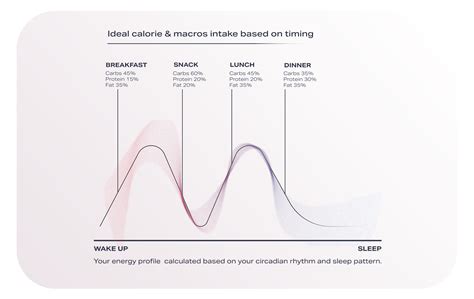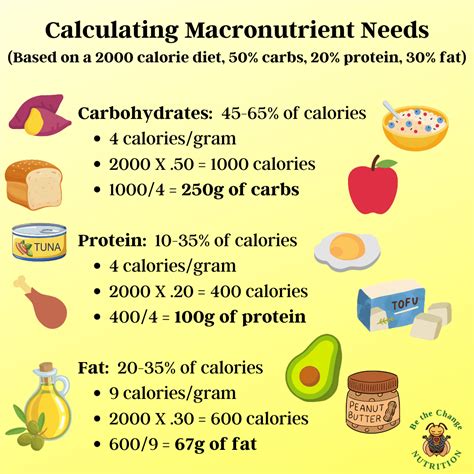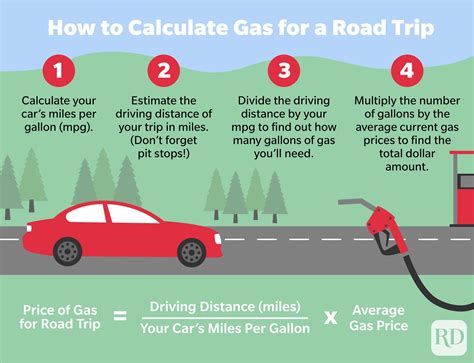While the total number of calories and the macronutrient breakdown (carbohydrates, proteins, fats) are foundational to a man’s health, an often-overlooked yet critical factor is the *frequency* with which these nutrients are consumed. The timing and spacing of meals and snacks throughout the day can exert a profound influence on internal biological rhythms, impacting everything from the delicate dance of hormones to the consistency of energy levels, irrespective of meeting overall daily nutritional targets.
The Hormonal Symphony: Insulin, Cortisol, and Testosterone
Meal frequency plays a significant role in modulating key hormones. When food is consumed, particularly carbohydrates, the body responds by releasing insulin to regulate blood sugar. Frequent eating, even of small portions, can lead to more frequent insulin spikes. While a necessary hormone, chronically elevated or frequently spiking insulin levels can contribute to insulin resistance over time, potentially affecting other hormonal pathways and increasing the risk for metabolic syndrome.
Conversely, extended periods without food, as seen in intermittent fasting, can lead to lower, more stable insulin levels and an increase in insulin sensitivity. This can be beneficial for metabolic health. However, overly long fasting periods or insufficient caloric intake within the eating window might, for some men, trigger an increased release of cortisol, the body’s primary stress hormone. While acute cortisol spikes are normal, chronic elevation can negatively impact mood, sleep, and even testosterone production.
Regarding testosterone, the male primary sex hormone, research suggests a complex interplay with meal timing. While direct and definitive links are still being explored, some studies indicate that specific fasting protocols might acutely increase growth hormone, which has an indirect relationship with testosterone. However, severe calorie restriction or high-stress states induced by inappropriate fasting could potentially depress testosterone levels in the long run. The goal is to find a frequency that optimizes metabolic health without causing undue physiological stress.

Sustained Energy: Avoiding the Peaks and Valleys
Beyond hormones, meal frequency is a major determinant of sustained energy levels throughout the day. The body prefers a steady supply of glucose for optimal brain function and physical performance. Eating too infrequently can lead to significant drops in blood sugar, resulting in symptoms like fatigue, irritability, difficulty concentrating, and cravings. This “energy crash” often prompts reaching for quick-fix, high-sugar snacks, perpetuating a cycle of peaks and valleys.
On the other hand, consuming small, balanced meals and snacks every few hours can help maintain more stable blood glucose levels, providing a consistent energy supply. This approach can prevent the acute hunger pangs that lead to overeating and can support more consistent cognitive function and physical endurance. For men with active lifestyles or demanding jobs, this steady fueling can be crucial.

Different Meal Frequencies and Their Effects
-
Frequent Small Meals (5-6 per day): This traditional bodybuilding approach aims to keep metabolism elevated and blood sugar stable. For some, it effectively manages hunger and provides continuous energy. However, it requires consistent meal preparation and can lead to frequent insulin spikes if not carefully managed with balanced macronutrients.
-
Three Square Meals (3 per day): A common pattern, this offers longer breaks between insulin releases. If meals are balanced and substantial, it can provide sustained energy. However, if too much time passes between meals, blood sugar can drop significantly, leading to hunger and overeating at the next meal.
-
Intermittent Fasting (1-2 meals within a window): Approaches like 16/8 (16 hours fasting, 8 hours eating) or OMAD (one meal a day) involve extended periods without food. This can promote greater insulin sensitivity, support cellular repair (autophagy), and potentially aid in fat loss. However, it requires careful planning to ensure nutritional needs are met within a shorter eating window and may not be suitable for all men, especially those with high activity levels or certain health conditions.

Individual Variability and Personalized Approaches
It’s crucial to acknowledge that there is no one-size-fits-all answer to the optimal meal frequency. A man’s individual metabolism, activity level, stress levels, genetics, and underlying health conditions (e.g., diabetes, gut issues) all play a significant role. For instance, an endurance athlete might benefit from more frequent, smaller meals to fuel performance and recovery, while a sedentary individual might thrive on fewer, larger meals to manage insulin and weight.
Experimentation and listening to your body are key. Pay attention to how different meal frequencies affect your energy, hunger, mood, sleep, and overall well-being. Consulting with a healthcare professional or a registered dietitian can provide personalized guidance based on your specific needs and goals.

Conclusion
While total calorie and macronutrient intake form the bedrock of nutrition, the frequency of a man’s meals and snacks is a sophisticated lever that can profoundly impact his hormonal balance and the consistency of his energy throughout the day. From fine-tuning insulin sensitivity and managing cortisol responses to stabilizing blood sugar for sustained focus and vitality, meal timing is far more than a mere scheduling convenience. By understanding these dynamics and adopting a personalized approach, men can optimize their fueling strategies not just for performance, but for long-term health and well-being.




